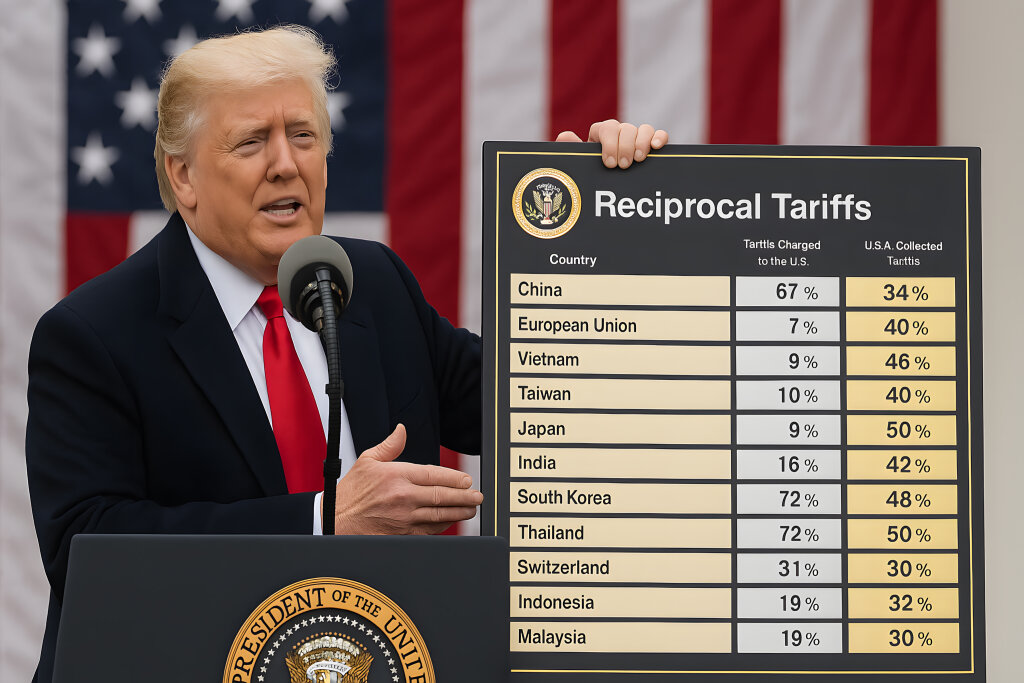Senator Cynthia Lummis (R-Wyo.), a co-author of the latest bill aimed at regulating stablecoins in the U.S., highlighted potential regulatory advantages for Circle Internet Financial compared to Tether, given the proposed U.S. legislative framework. During an interview with CoinDesk TV, Lummis underscored the importance of U.S. oversight in consumer decisions regarding stablecoin issuers.
The bill, co-authored by Sen. Lummis and Sen. Kirsten Gillibrand (D-N.Y.), is designed to initiate discussions and eventual alignment with legislation from the House. This proposed legislation mandates a bank-like regulatory framework for stablecoin issuers, positioning it as a critical step toward formalizing the role of digital currencies in the U.S. financial system.
- Regulatory Requirements: Stablecoin issuers must comply with rigorous regulations akin to those governing depository institutions.
- Impact on Issuers: Companies like Circle would need to obtain licensing from federal regulators, altering their operational landscape.
Potential Impact on Circle and Tether
The proposed regulations would favor companies like Circle, which are embedded within the U.S. economic and regulatory environment, over those like Tether, which operates offshore. Lummis highlighted the strategic advantage for Circle, suggesting that U.S. consumers, especially those not deeply knowledgeable about the specifics of stablecoin issuers, would likely opt for a U.S.-regulated entity.
- Circle: Likely to benefit from the trust associated with U.S. regulation.
- Tether: May face challenges if it continues to operate outside the U.S. regulatory framework.
Legislative Goals and Industry Responses
Senator Lummis expressed a strong commitment to establishing a “very firm, solid regulatory framework” to address concerns raised by recent turmoil in the crypto industry. The goal is to create legislation that can adapt to feedback from various stakeholders, including changes proposed by the House, the White House, and industry participants.
- Initial Reception: The bill has been put forward to gather feedback and drive necessary adjustments.
- Stakeholder Engagement: Ongoing discussions aim to refine and enhance the legislative proposal.
Broader Political and Regulatory Landscape
Despite the contentious political climate and the challenges of navigating party divisions and a packed legislative agenda, key figures like Senate Banking Committee Chairman Sherrod Brown (D-Ohio) and Senate Majority Leader Chuck Schumer (D-N.Y.) have shown openness to discussing stablecoin regulation. The progress of these discussions remains a focal point for both lawmakers and industry observers.
- Political Divisions: Current political turmoil and upcoming elections add complexity to legislative prospects.
- Industry Uncertainty: Stakeholders are closely analyzing the bill’s implications, with some uncertainty about its potential effects.
As the U.S. Congress explores the intricacies of stablecoin regulation, the proposed bill by Senators Lummis and Gillibrand could significantly influence the operational dynamics of stablecoin issuers like Circle and Tether. By advocating for regulatory compliance and emphasizing the safety of U.S.-regulated entities, the bill aims to enhance consumer confidence and ensure the stability of the digital currency market.









